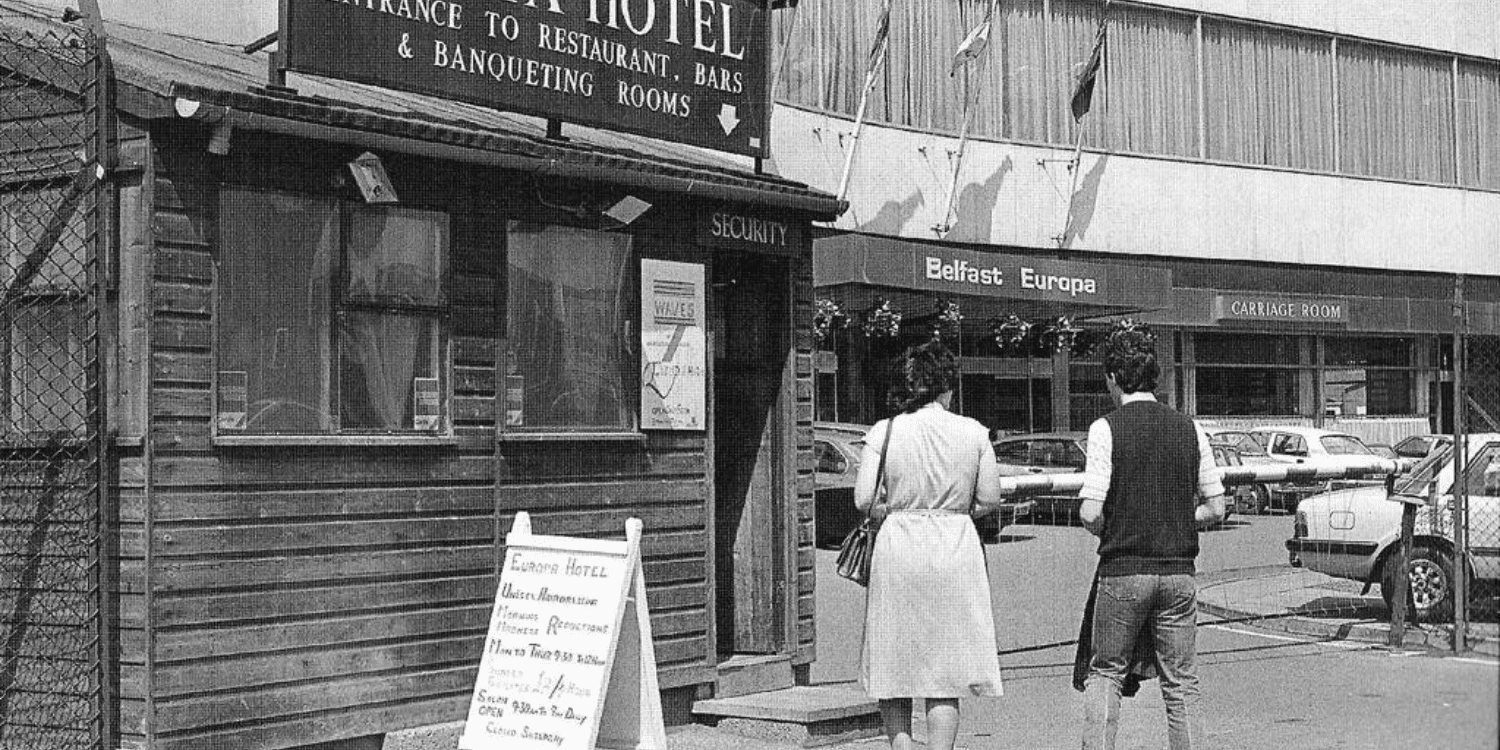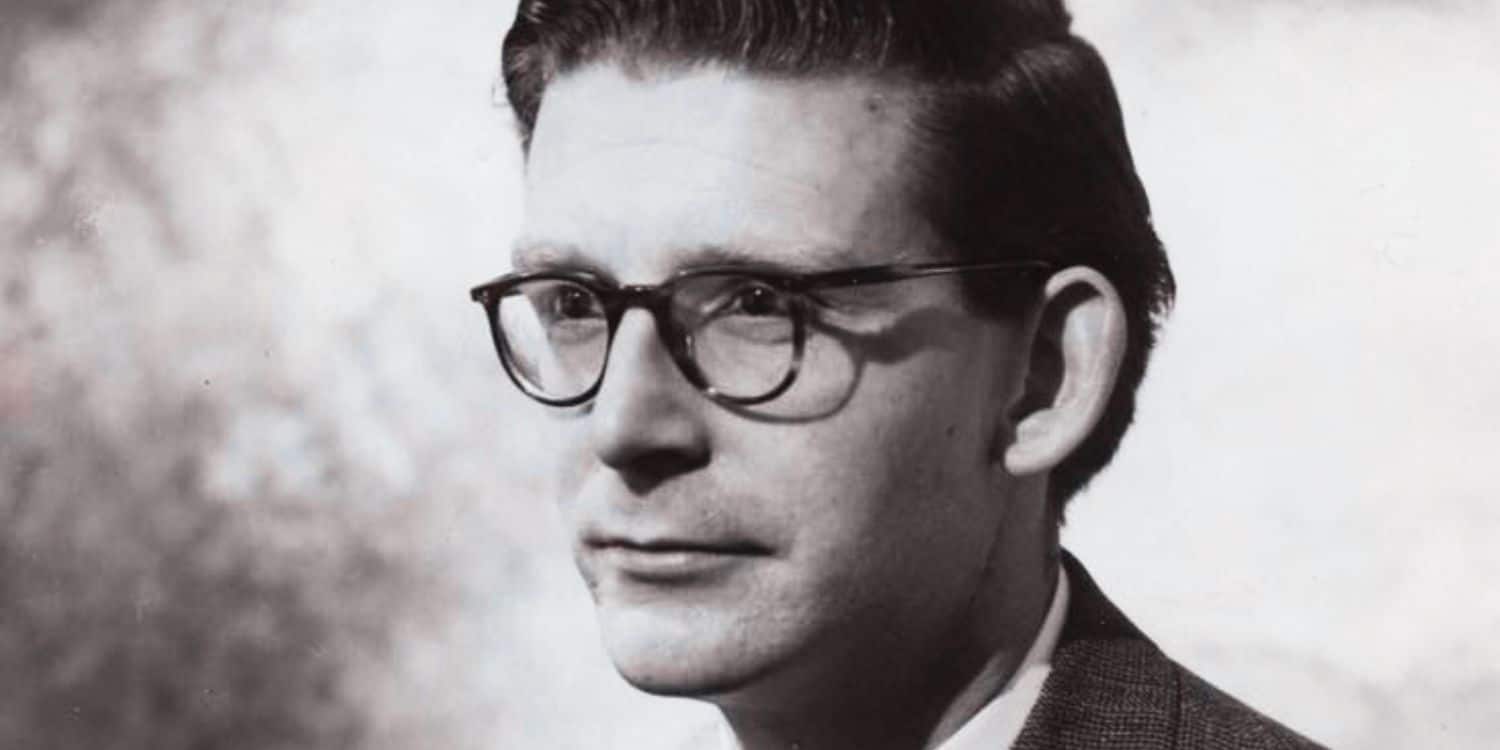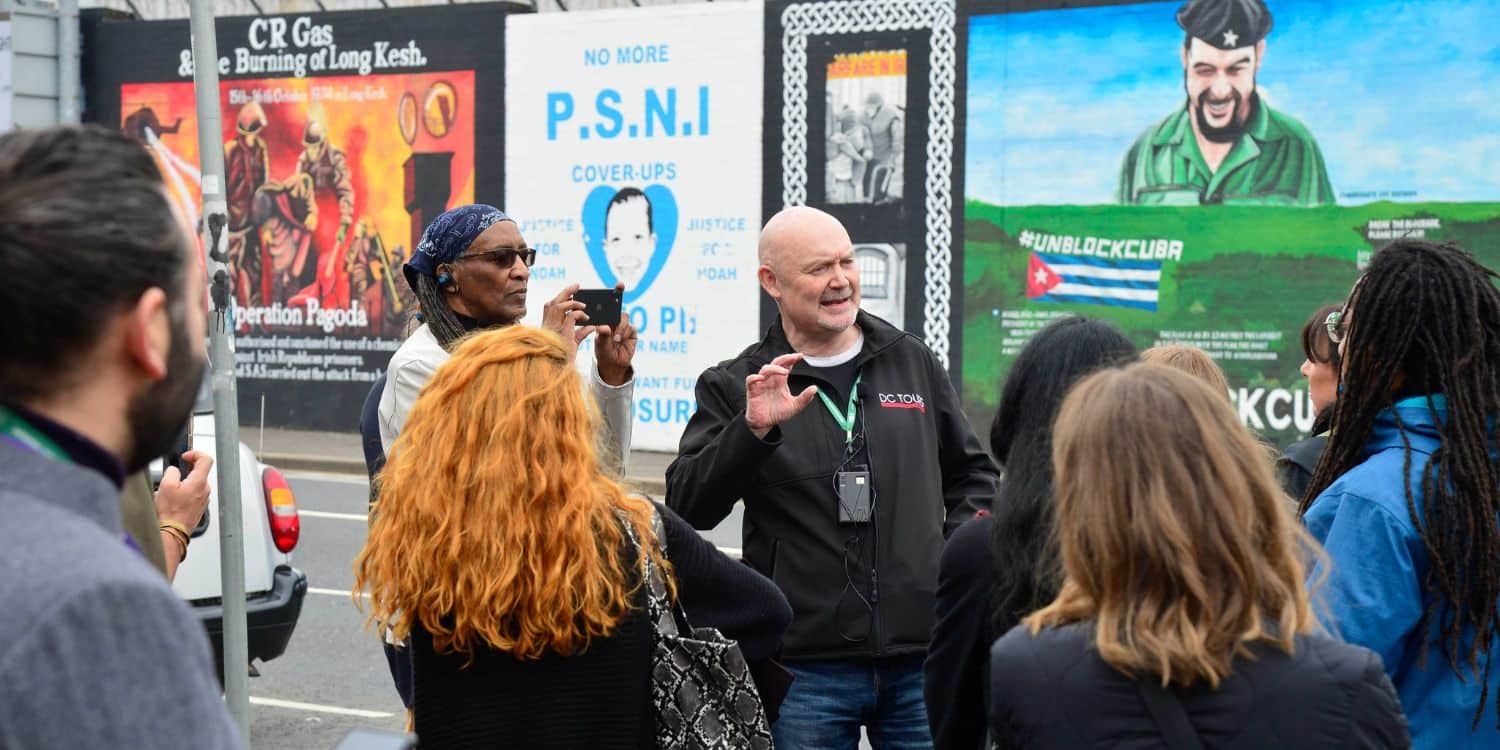We are delighted to have been approved for membership of the Conflict and Legacy Interpretive Network, a group of museums and heritage organisations who are working together to look at how best to collect, interpret and share conflict history.
It’s a cross-community, all-island network with 17 members in total.
All the organisations in the network have an important role to play, making sure that the historical legacy of the conflict is curated sensitively.
They are not just institutions that record history – they also help work out how best to interpret it, and how it can be used to help us all talk about legacy and reconciliation.
The aims of the network
The Conflict and Legacy Interpretive Network aims to encourage conflict and legacy programmes in museums and heritage organisations to engage better with existing audiences and to develop new ones.
They have a great new website at conflictlegacy.org where you can see examples of the work already being done as well as an excellent events calendar which brings together relevant exhibitions, talks and events.
The network also aims to develop greater awareness of legacy and reconciliation issues through their online members directory which explains more about the areas each organisation is focused on. This will mean that visitors, researchers, and special interest groups should find it easier to navigate the conflict legacy landscape here.
We are really looking forward to working with the other organisations in the network to share experiences and develop better ways to explain the Troubles.
About our History of Terror Tour
Our History of Terror tour explains how the Troubles began. We tell the stories of the people involved, their place in the conflict and the effect these attacks and incidents had on the city and its people. We do all this from an entirely neutral, civilian perspective.
The tour also shows how far the city has come since the ceasefires and Peace Process. The tour has a factual core script to ensure it is historically accurate, unbiased and non-partisan. But our guides are also encouraged to take ownership of their tour. They bring it to life by recounting their own personal experiences during the Troubles.
Our guides are not just guides, but politically neutral conflict historians. We are all experts in our field and we pride ourselves on being able to answer practically any question.







